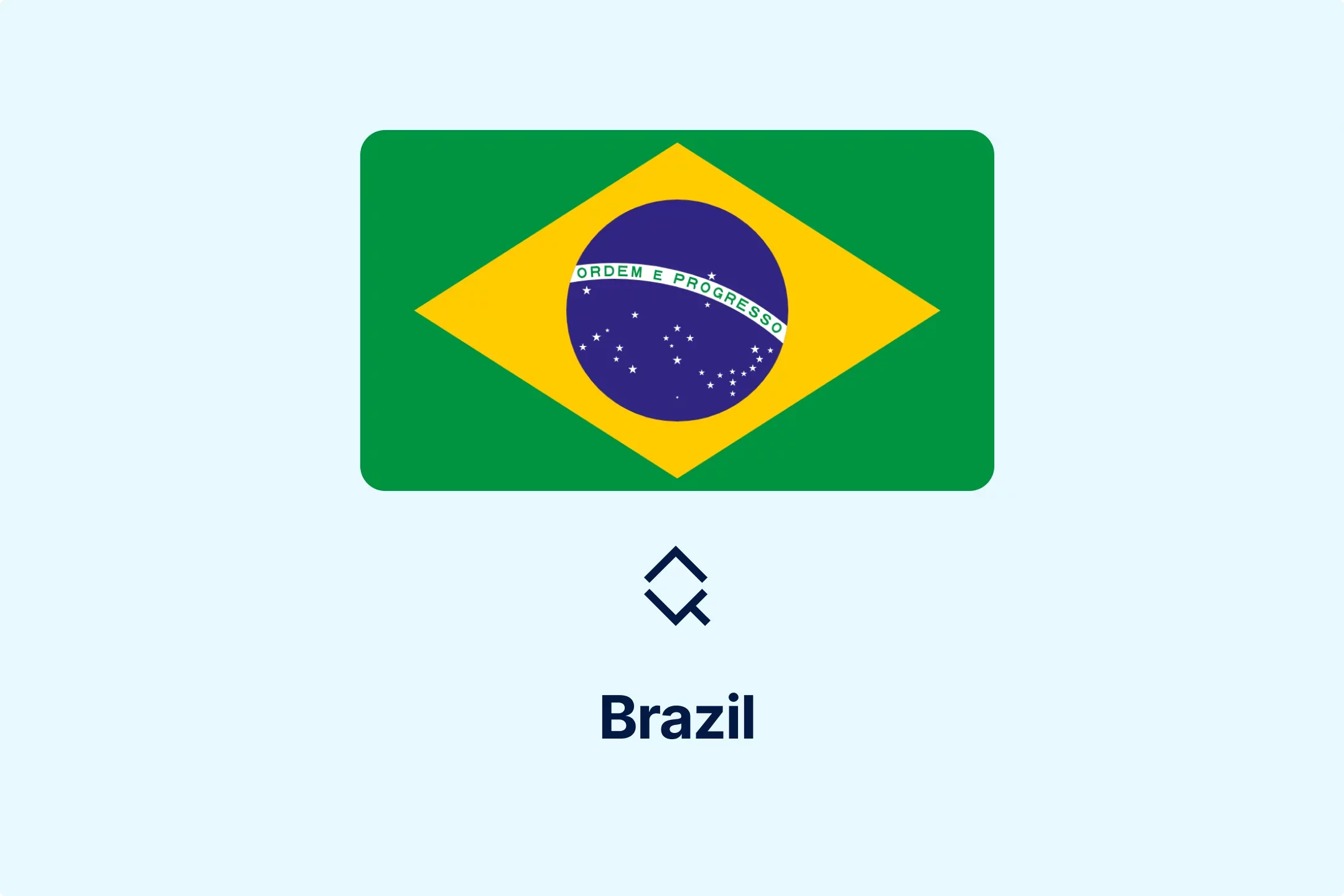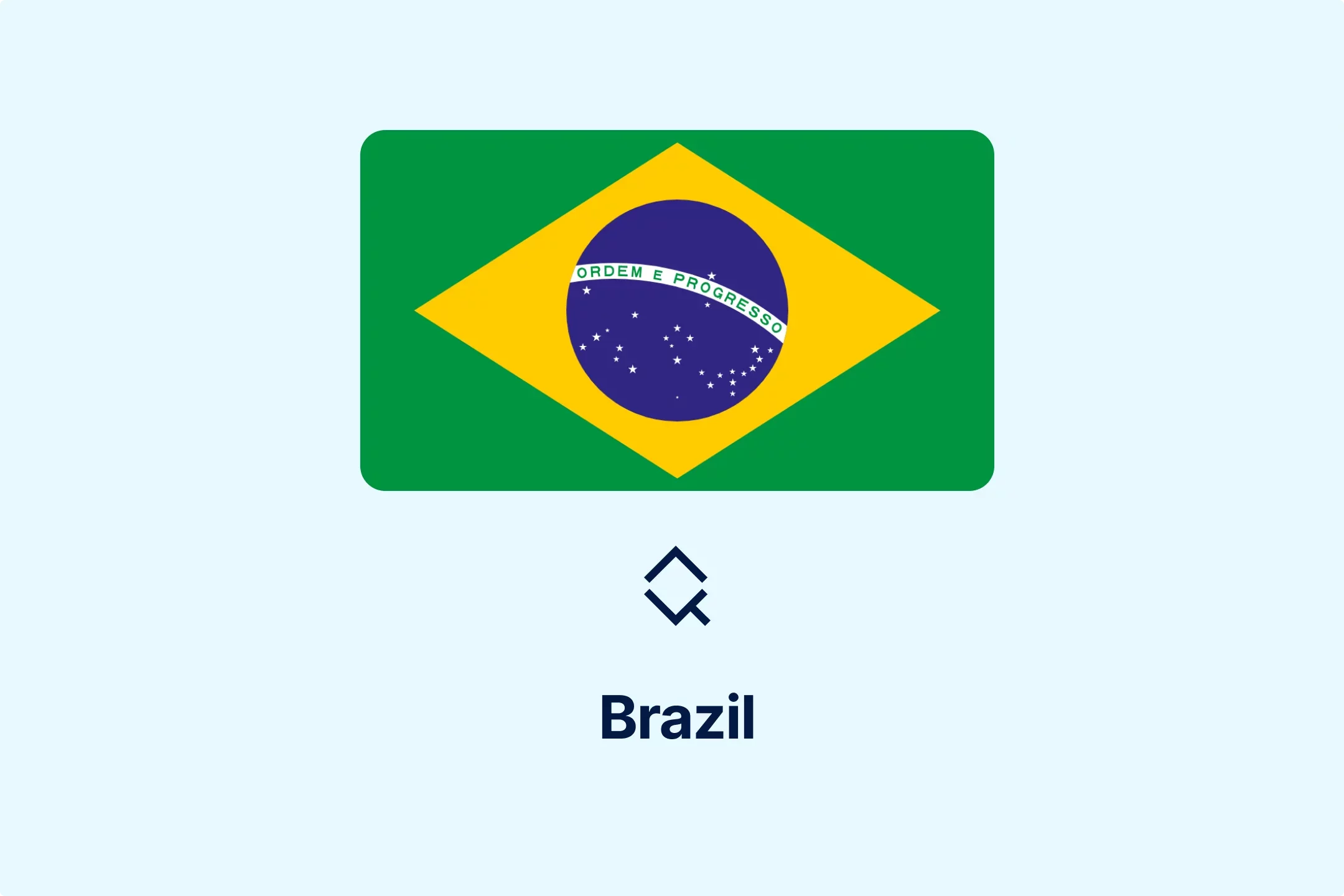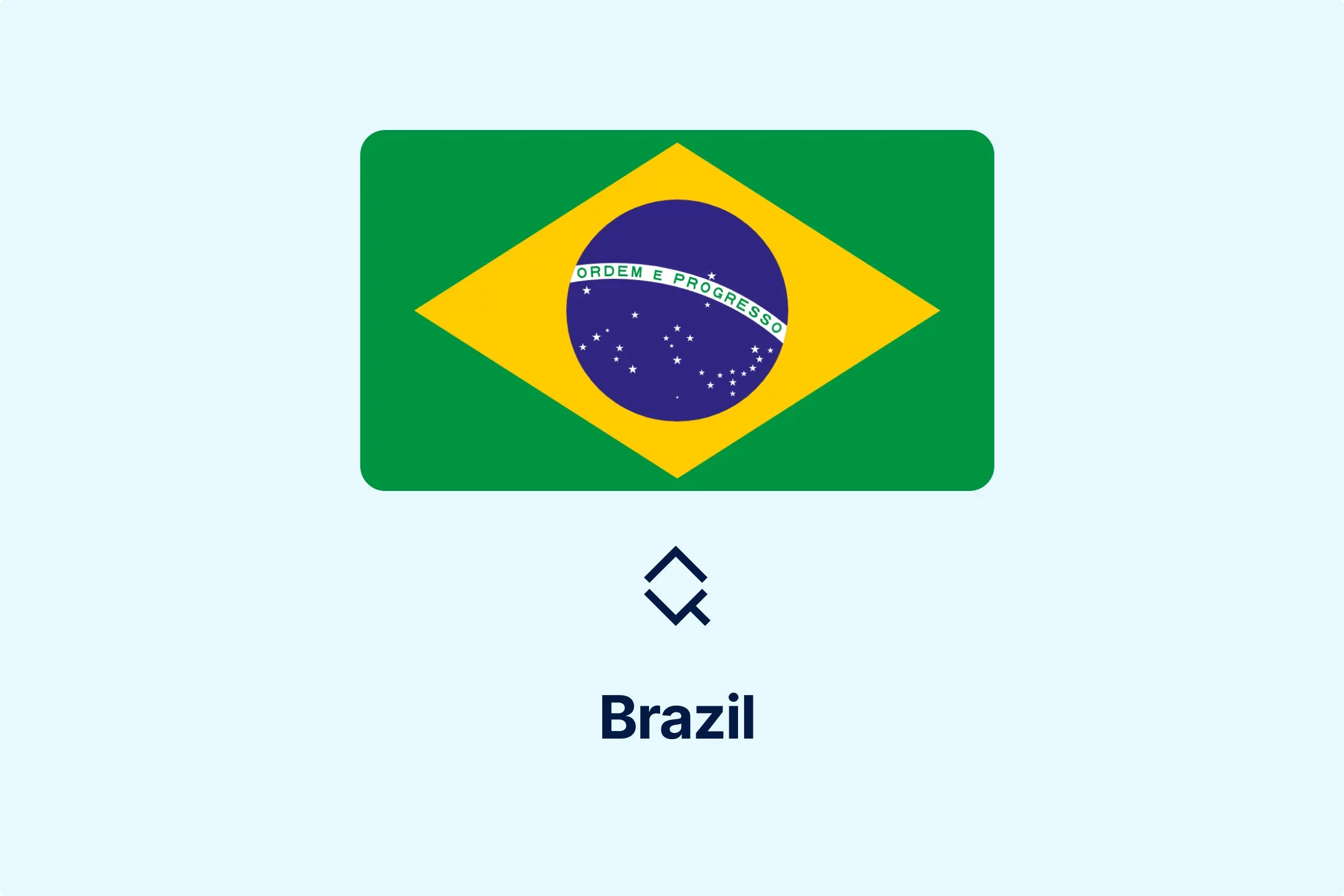Brazil Proposes 7% Digital Services Tax on Tech Firms
-fbovkq9h8b.webp)
The representative of the House of Parliament, Guilherme Boulos, of the Socialism and Liberty Party, proposed that the Brazilian government introduce a Digital Social Contribution on tech companies that use, sell, or transfer services with users’ data. This marks a significant shift in how Brazil approaches its tax revenue, particularly during a period when the government is overhauling the entire VAT system.
Impact on Digital Service Providers
If implemented, the proposed Digital Social Contributions, or CSD, will apply to the gross revenue of companies advertising services in digital media that use data collected from users, and the sale or transfer of user-generated data located in Brazil, or collected from them during the use of a digital platform. However, revenues from the marketing of goods and services on the digital platforms of own suppliers, payment service providers, and digital platforms that provide access to financial instruments and securities transactions will not be subject to CSD.
The gross revenue from advertising services will be calculated based on the global gross revenue from the vendor's advertising services, proportional to the number of times they broadcast advertising on devices located in Brazil, compared to all devices worldwide.
On the other hand, gross revenue from the sale or transfer of user-generated data located in Brazil will be calculated based on the global gross revenue obtained from the sale or transfer of data by the supplier, proportional to the number of users in Brazil compared to all users, regardless of their location.
Businesses, whether domestic or foreign, that had global revenue from in-scope digital services exceeding BRL 500 million (approximately USD 92.2 million) in the previous calendar year would be affected if the CSD is implemented. The proposed rate of CSD is 7%, and the due amount will be calculated every quarter.
The proposed text of the Law also included information on where the collected taxes would be allocated, underscoring that the aim is to finance initiatives to strengthen infrastructure, technological development, and training, as well as to develop a new income transfer instrument called PIX. Under the proposed CSD, 50% of the collected taxes would be transferred to the Brazilian users, since tech companies collect their data and profit by commercializing it.
Conclusion
The CSD is in its current form similar to the Digital Services Tax (DST), which is being implemented in an increasing number of countries worldwide. Whether the Brazilian government will proceed with this proposal and what the final wording of the text will be remains to be seen. Nevertheless, Brazilian lawmakers aim to modernize the tax system to better align with the new economic and fiscal realities of the digital age.
Source: Chamber of Deputies, Bloomberg

Featured Insights

Burkina Faso FEC E-Invoicing Mandatory July 2026
🕝 February 24, 2026More News from Brazil
Get real-time updates and developments from around the world, keeping you informed and prepared.
-e9lcpxl5nq.webp)














